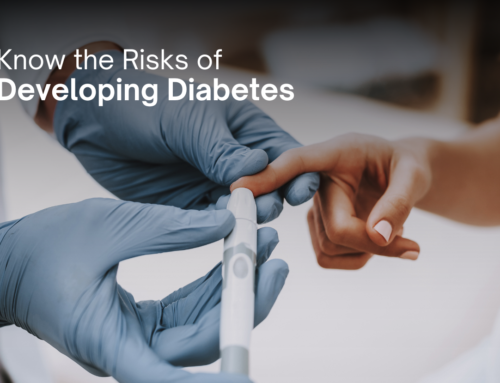Protect Your Health Against Emergencies – September is National Preparedness Month!
Emergencies like natural disasters and outbreaks of various diseases can happen at any time. Since they can have widespread and long-lasting impacts on services, supplies, and health care systems, it’s good to prepare for the possibility of an emergency before it happens. Here are some examples of things to consider to prepare for emergencies:
- Extra batteries
- A flashlight, battery-powered lantern, or a head lamp
- Hearing aid batteries
- Car chargers, adapters, and power banks for home use devices and equipment
- A list of your and your family’s prescription medicines.
- Talk to your provider or pharmacist about how you can create an emergency supply of prescriptions/medications.
- Nonprescription drugs, like antidiarrheal medicines, antihistamines, and pain/fever relievers
- Vital records including birth and death certificates
- Personal identification such as Passport, Driver’s License, Social Security Card
- Copies of insurance cards and medical records, such as heath insurance card and immunization/vaccination records
- Cash in small denominations in case ATMs and pay-at-the-pump gas systems are out of order
- Home-use medical devices, such as blood sugar monitor, asthma inhaler.
- Medical supplies, such as blood test strips, syringes, catheters, antibacterial wipes, and nasal cannulas
- First aid supplies, such as first aid kit, non-latex gloves, waterproof bandages and gauze, antibiotic cream or ointment, tweezers and scissors, and a thermometer that is easy to read/use





